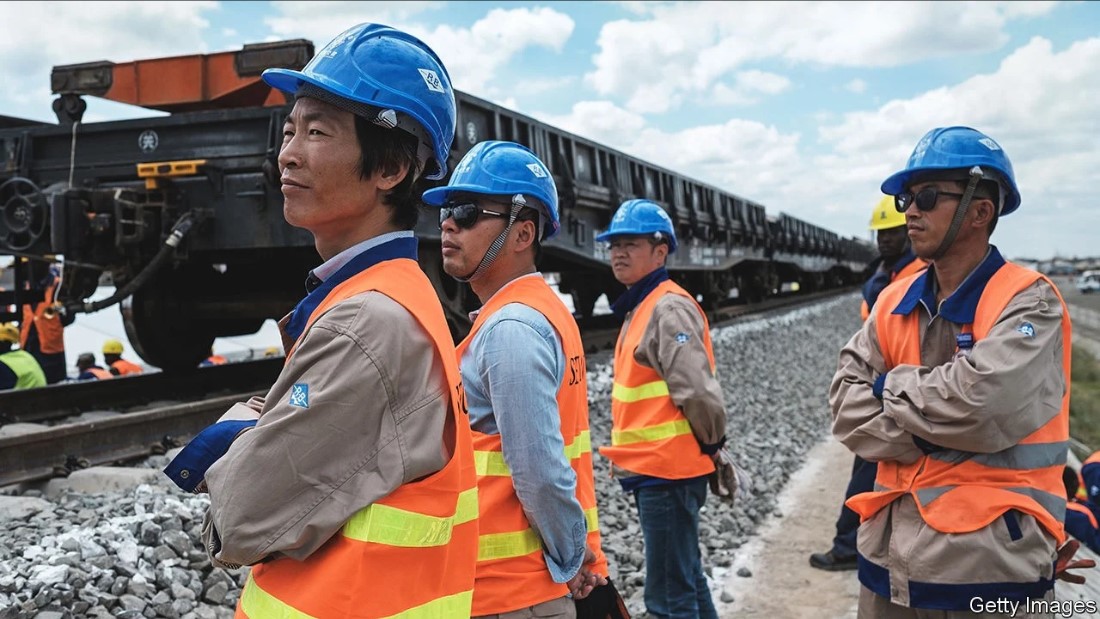Decline in Chinese Workers Across Africa: Understanding the Reasons

Defense News ,China :- Over the years, the number of Chinese workers in Africa has decreased a lot. According to Voice of America, this decline is the lowest it's been in more than ten years. Let's take a closer look at why this is happening.
Back in 2015, there were around 263,696 Chinese workers in Africa. But by 2022, this number had dropped significantly to only 88,371.
Experts from Johns Hopkins University's China Africa Research Initiative have studied data from 2009 to 2022. They found that one reason for this decline is the pandemic. Many Chinese workers left Africa during this time. It wasn't until early 2023 that China reopened, allowing workers to return.
But there are other reasons for this drop in numbers too. One big reason is the price of oil. African countries heavily rely on oil exports, and when oil prices go down, so does the number of Chinese workers. Another factor is the slowing down of a big project called the Belt and Road Initiative. This initiative sent many Chinese workers to Africa to work on large infrastructure projects.
Deborah Brautigam, who directs the China Africa Research Initiative, says that although some projects might be starting again, we won't see as many Chinese workers in Africa as before.
Yunnan Chen, a researcher from ODI Global, a UK-based research group, also thinks that while some construction projects might have restarted since 2022, overall, there are fewer new projects happening. So, the number of Chinese workers is unlikely to increase dramatically anytime soon.
In 2022, the countries with the most Chinese workers were Algeria, Angola, Egypt, Nigeria, and the Democratic Republic of the Congo. However, even these countries have seen a decline.
Algeria and Angola, which used to have a lot of Chinese workers, have seen the biggest drops. In 2016, Algeria had more than 91,000 Chinese workers, and Angola had around 50,000. But by 2022, there were only about 7,000 workers in each country.
This decline is mainly because these countries rely heavily on oil exports. When oil prices drop, these countries have less money to spend, and this affects the number of Chinese workers they can employ.
Another issue is that China hasn't done much to create jobs for local African people or to help them learn new skills, despite doing big projects in their countries.
Even though some local workers have been hired for basic jobs, most of the higher-paid, skilled jobs still go to Chinese workers. Chen says that Chinese projects do hire local workers, but it's mainly for lower-level jobs.
Brautigam adds that while China might be sending fewer workers to Africa, it's unlikely that they'll start hiring Africans for higher-paid jobs right away.


